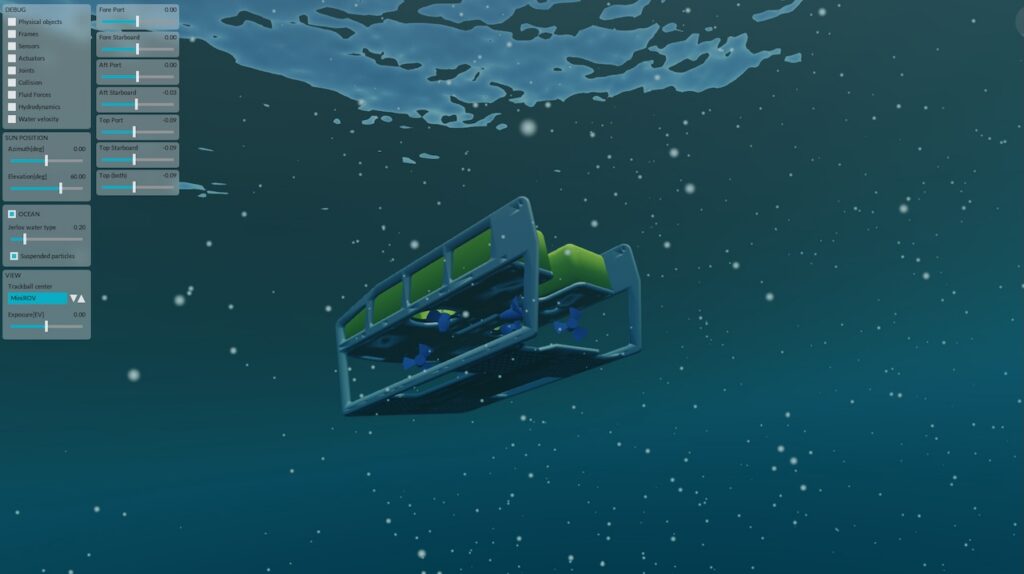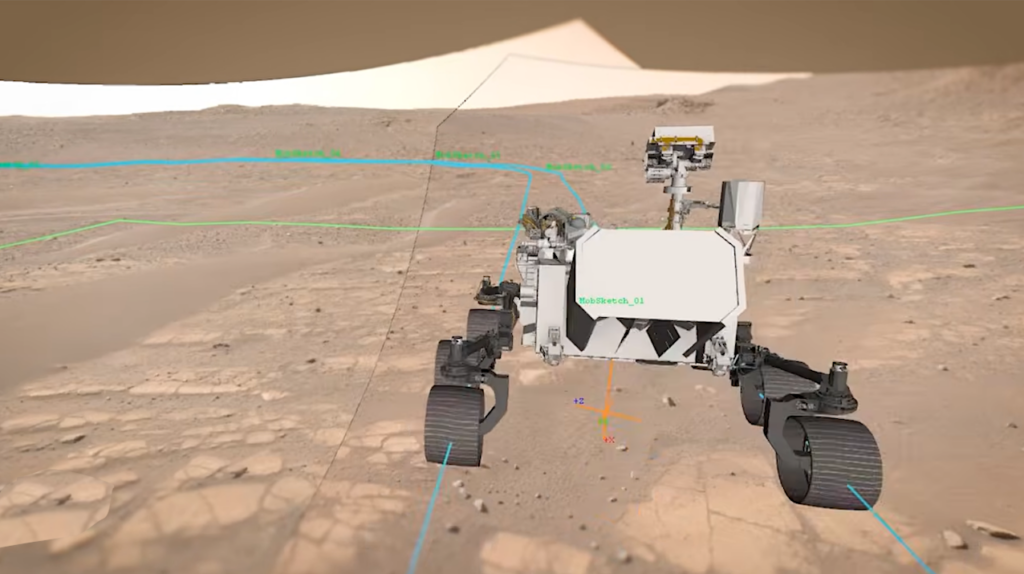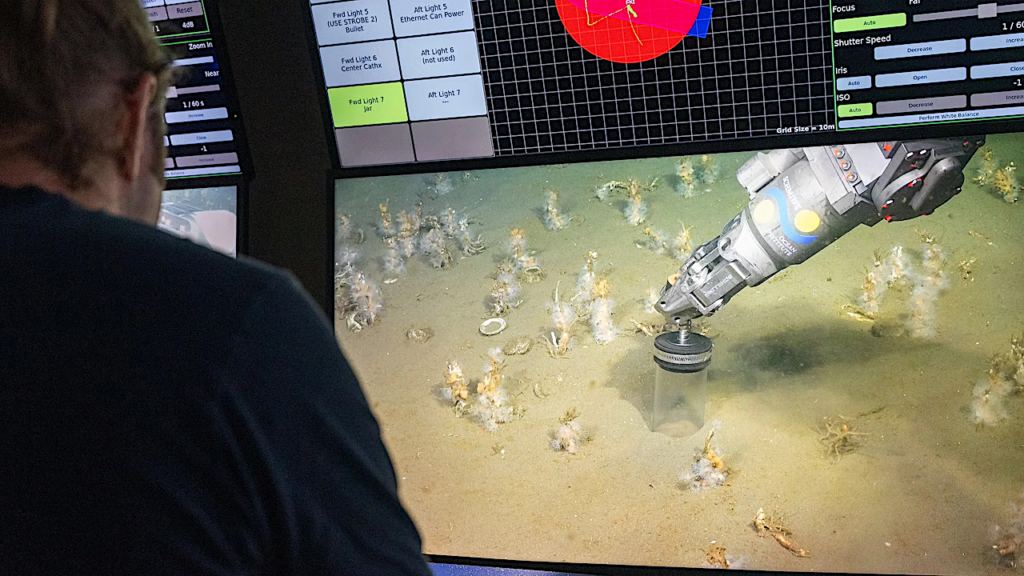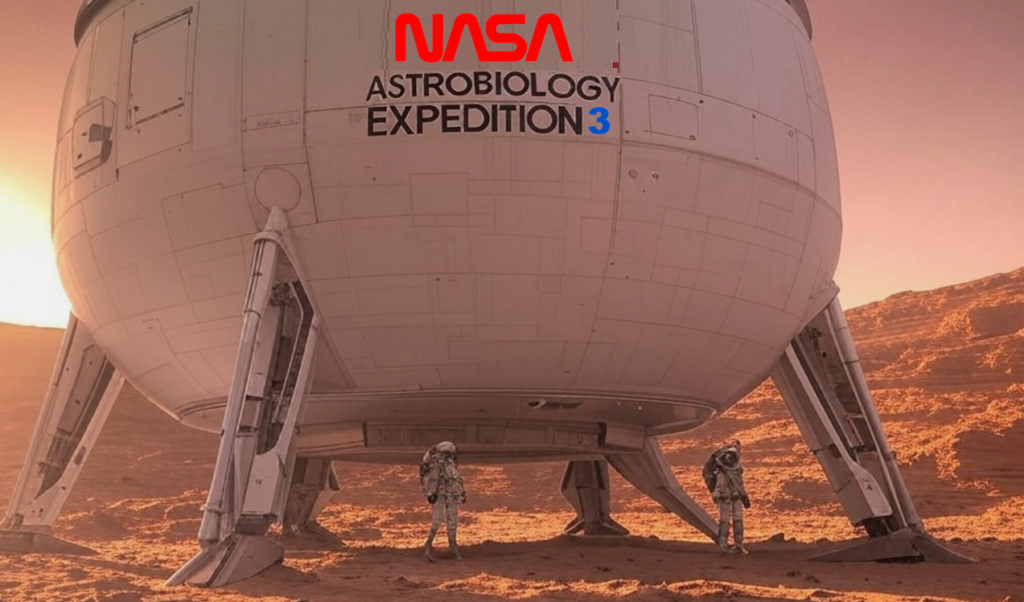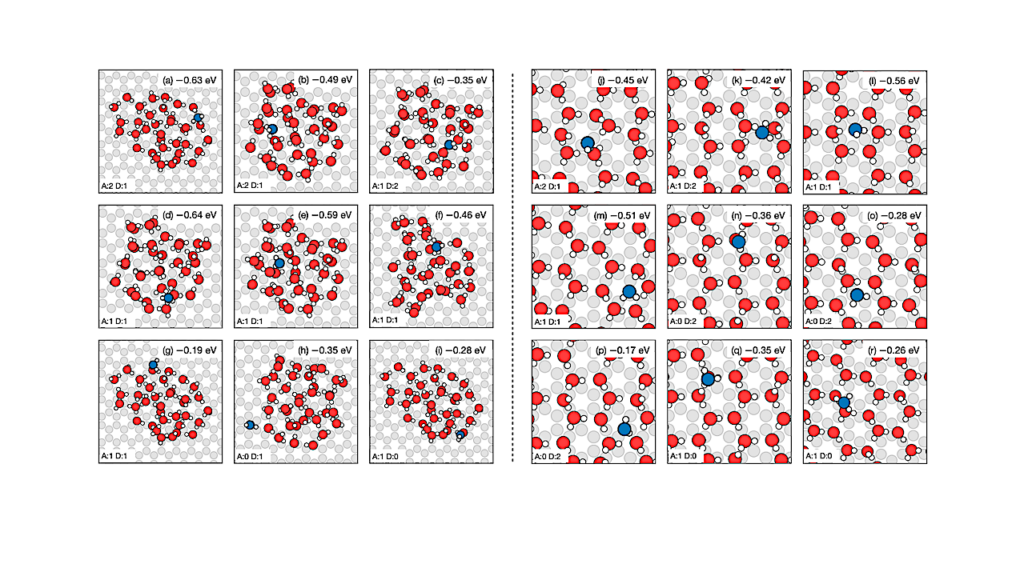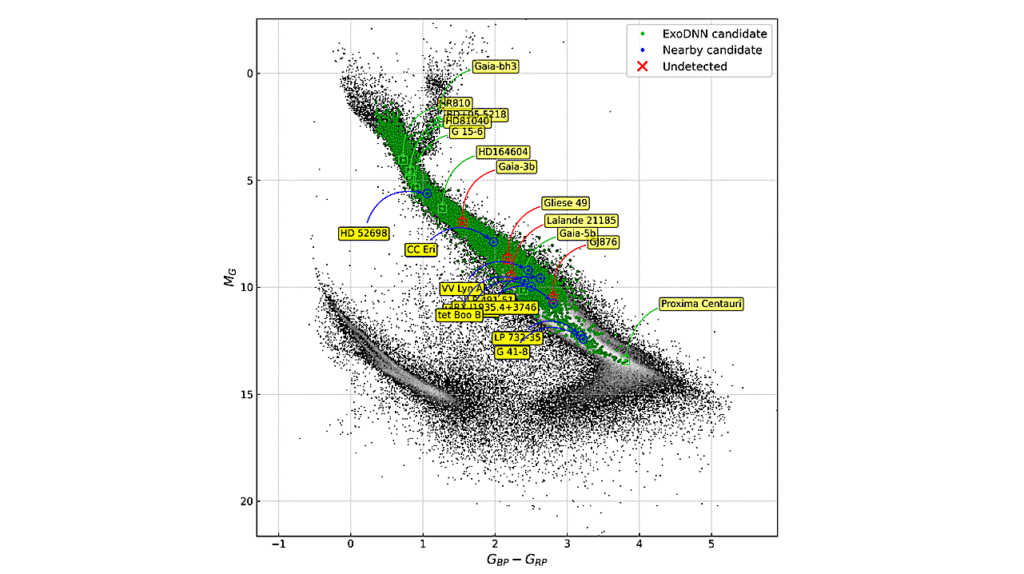Moving Toward Stellar Cartography: AstroInformatics Recommendations for Global Cooperation

Policy Brief on “AstroInformatics, Recommendations for Global Collaboration”, distilled from panel discussions during S20 Policy Webinar on Astroinformatics for Sustainable Development held on 6-7 July 2023.
The deliberations encompassed a wide array of topics, including broad astroinformatics, sky surveys, large-scale international initiatives, global data repositories, space-related data, regional and international collaborative efforts, as well as workforce development within the field. These discussions comprehensively addressed the current status, notable achievements, and the manifold challenges that the field of astroinformatics currently confronts.
The G20 nations present a unique opportunity due to their abundant human and technological capabilities, coupled with their widespread geographical representation. Leveraging these strengths, significant strides can be made in various domains. These include, but are not limited to, the advancement of STEM education and workforce development, the promotion of equitable resource utilization, and contributions to fields such as Earth Science and Climate Science.
We present a concise overview, followed by specific recommendations that pertain to both ground-based and space data initiatives. Our team remains readily available to furnish further elaboration on any of these proposals as required. Furthermore, we anticipate further engagement during the upcoming G20 presidencies in Brazil (2024) and South Africa (2025) to ensure the continued discussion and realization of these objectives.
The policy webinar took place during the G20 presidency in India (2023). Notes based on the seven panels will be separately published.
Ashish Mahabal, Pranav Sharma, Rana Adhikari, Mark Allen, Stefano Andreon, Varun Bhalerao, Federica Bianco, Anthony Brown, S. Bradley Cenko, Paula Coehlo, Jeffery Cooke, Daniel Crichton, Chenzhou Cui, Reinaldo de Carvalho, Richard Doyle, Laurent Eyer, Bernard Fanaroff, Christopher Fluke, Francisco Forster, Kevin Govender, Matthew J. Graham, Renée Hložek, Puji Irawati, Ajit Kembhavi, Juna Kollmeier, Alberto Krone-Martins, Shri Kulkarni, Giuseppe Longo, Vanessa McBride, Jess McIver, Sanjit Mitra, Timo Prusti, A. N. Ramaprakash, Eswar Reddy, David H. Reitze, Reinaldo R. Rosa, Rafael Santos, Kazuhiro Sekiguchi, Kartik Sheth, Seetha Somasundaram, Tarun Souradeep, R. Srianand, Annapurni Subramaniam, Alex Szalay, Shriharsh Tendulkar, Laura Trouille, Yogesh Wadadekar, Patricia Whitelock
Comments: 7 pages
Subjects: Instrumentation and Methods for Astrophysics (astro-ph.IM); Data Analysis, Statistics and Probability (physics.data-an)
Cite as: arXiv:2401.04623 [astro-ph.IM] (or arXiv:2401.04623v1 [astro-ph.IM] for this version)
https://doi.org/10.48550/arXiv.2401.04623
Submission history
From: Ashish Mahabal
[v1] Tue, 9 Jan 2024 15:50:00 UTC (548 KB)
https://arxiv.org/abs/2401.04623
Astrobiology, Astronomy, Astrophysics,


